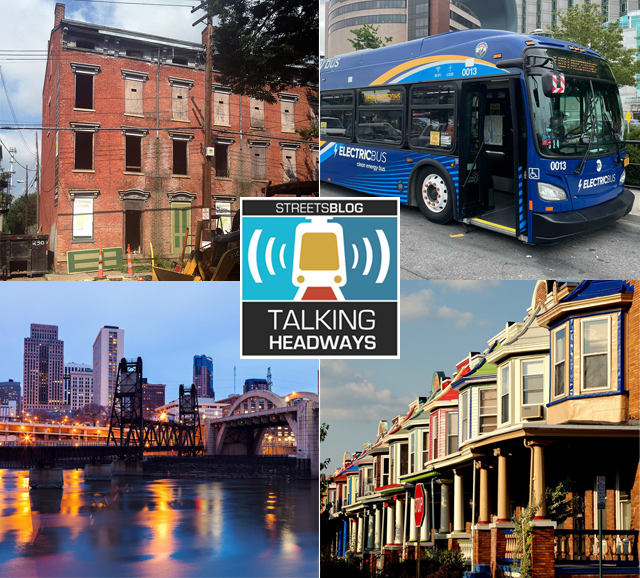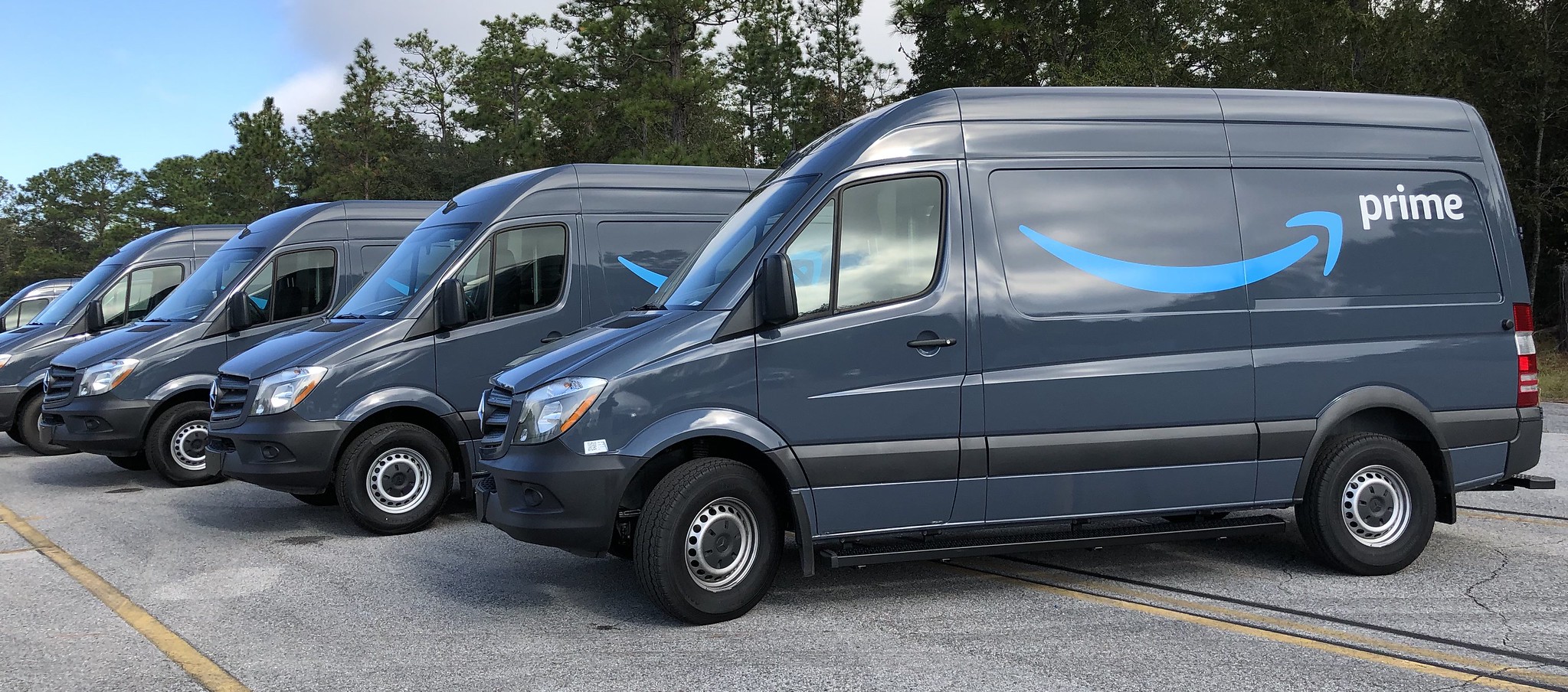This week, St. Paul developer Johnny Opara, of JO Companies, and Lea Hargett, principal of Jog Associates, talk about programs that support developers of color, why Opara got into development, and the barriers people of color face in the market.
For those of you who get your news through your eyes and not your ears, there’s an edited transcript below the audio player. For an unedited transcript, click here.
Lea Hargett: You know, access is really, really important, isn’t it? So when you think about development and the way you’re thinking about development, it is really important for you to be able to provide that access or to locate your properties where transit is going to be available to everyone, all of your residents, so that they can get from point A to point B. But also it really aligns with your values, so I really applaud you for that. Johnny, what do you see as the number-one barrier for people of color interested in real-estate development?
Johnny Opara: That’s a great question. To piggyback on what you said earlier, my father relies on Metro Mobility transit immensely because when you have a stroke, you’re limited in terms of your physicality, right? So Metro Mobility, the Metro bus, was how he was able to take transportation to doctors' appointments or to the library if I wasn’t able to pick him up. That was a big reason why, when we looked at places for him, [we asked] did he have access to transit? — if I wasn’t able to pick him up ... or if my uncle wasn’t able to pick them up and take him somewhere. So having access to transit in all the locations that I’m working on is immensely important. In every single location I’m working on, I promise you, either there’s a light rail, or there’s a bus stop adjacent to the property or close by.
So the number-one barrier, in my opinion, is going to be capital, capital and capital! And, of course, education. The reason why is in this field — low-income housing tax credits, affordable housing — there’s only a select few people, individuals, organizations that understand the dynamics of this world. It’s one thing to know [that] I want to buy a four or eight units, multi-family flats, whatever the case may be; we can do those deals all day. But anytime you enter into tax credits, then [you must] understand that how that process works.
It takes time to understand how that world works. So capital, in terms of pre development, there’s costs associated with land and site control; there’s costs associated with applications. There’s costs associated with architects, costs associated with civil [matters]. There’s so much money that’s going to be required for someone just getting into the game versus closing, that it’s going to be a huge barrier, especially for folks that are underrepresented, that don’t have access to these institutions that are providing capital in order for us to be able to take these projects into fruition. So capital, capital, capital, we need more access to capital in order for us to be the true owners and operators within our communities that we’re building in.
Hargett: Capital is a huge barrier for us in all the verticals, if you will. But I totally understand how it can really be an immediate, huge wall that separates people as it relates to our ability to get involved in real estate of all things, because it is a rich person’s game. And if you don’t have deep pockets, for all those reasons that you identified, ... as soon as you get started, you stop.





